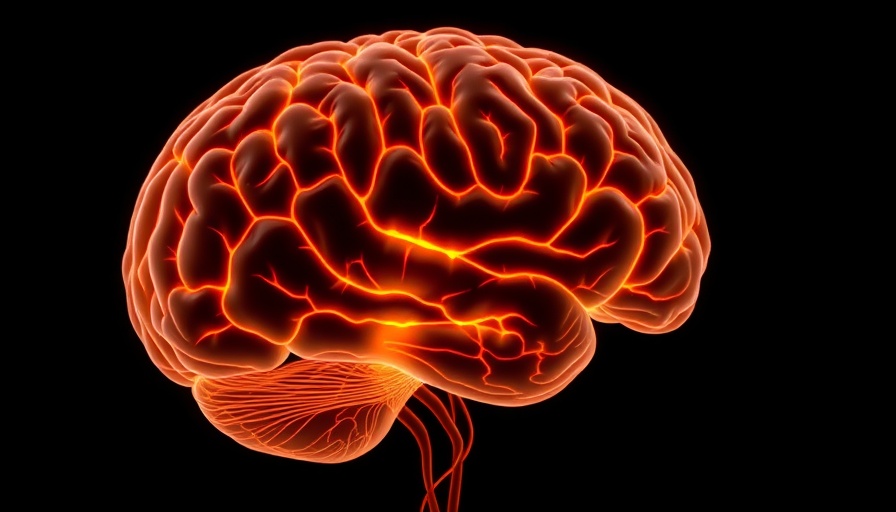
Revolutionizing Traumatic Brain Injury Assessment
Traumatic Brain Injury (TBI) has long been a challenge for medical professionals. The conventional Glasgow Coma Scale (GCS) has served as the cornerstone for assessing TBI severity for decades. However, a groundbreaking framework has emerged, aiming to provide a more comprehensive assessment of TBI symptoms and severity. This new framework encompasses four pillars: clinical evaluations, biomarker data, imaging techniques, and modifier factors, referred to as the CBI-M framework.
A Closer Look at the CBI-M Framework
The CBI-M framework, proposed by experts including Dr. Geoffrey Manley from the University of California San Francisco, shifts the focus from solely relying on GCS scores. This multi-faceted approach considers:
- Clinical Evaluations: Retaining GCS scores and exploring pupillary reactions to assess immediate TBI impact.
- Biomarker Data: Including analysis of proteins such as GFAP, UCH-L1, and S100B through blood tests to indicate brain injury severity.
- Imaging Techniques: Utilizing advanced CT and MRI scans to visualize intracranial damage.
- Modifier Factors: Considering personal factors like comorbidities that can influence recovery and clinical outcomes.
This advanced framework is particularly crucial in ensuring that patients with TBI receive tailored treatment. By offering a multidimensional perspective, the framework aims to minimize the risks of misdiagnosis, which can lead to unnecessary life support discussions in patients who may not be as severe as initially thought.
The Need for Change in TBI Assessment
Historically, reliance on the GCS has led to oversimplifications. Dr. Manley indicated that, while GCS is an essential tool, it often fails to capture the complexity of TBI cases. For instance, a patient may present as having a mild concussion but may subsequently develop debilitating symptoms, while another diagnosed with severe TBI may go on to live a fulfilling life. The new assessment framework seeks to bridge that gap, providing a holistic view that could significantly improve diagnosis and treatment.
Challenges Ahead: What Experts Are Saying
Despite the promise of the CBI-M framework, experts point out several challenges. According to Dr. Jiyao Jiang from Shanghai Jiao Tong University, the biomarker and modifier pillars may have limited applicability in acute scenarios. This raises the question: How can practitioners integrate these new metrics into existing protocols effectively and even during critical moments when decisions must be made quickly?
The editorialists express concern that the CBI-M framework does not incorporate intracranial pressure metrics, a crucial factor in managing moderate to severe TBI patients. As practitioners, it’s vital to advocate for further refinement of this model to ensure it is both practical and comprehensive.
Applying Evidence-Based Practices in TBI Management
As active members of the healthcare community, whether you’re a physician, nurse practitioner, or medical educator, understanding and adopting such frameworks can lead to improvements in patient outcomes. This new assessment strategy aligns with ongoing trends toward evidence-based practices in medicine. By keeping pace with the latest medical news and clinical research updates, practitioners can contribute to advancing care standards for TBI patients.
Your Role in Advancing TBI Assessment
This emerging FBT model underlines the importance of comprehensive assessments in clinical environments, aimed at improving recovery paths for TBI patients. As healthcare providers, staying informed about the latest guidelines, clinical updates, and educational resources can empower you to implement these best practices in your own settings.
Conclusion: Taking Action for Better Care
The CBI-M framework signifies an important evolution in the management of traumatic brain injuries. Healthcare providers, from clinicians to hospital administrators, must advocate for its adoption and customization within their practices to ensure better outcomes for patients living with TBIs. By embracing these advancements and contributing to healthcare policy discussions, you can help shape the future of TBI assessment and management in your community.
 Add Row
Add Row  Add
Add 




Write A Comment